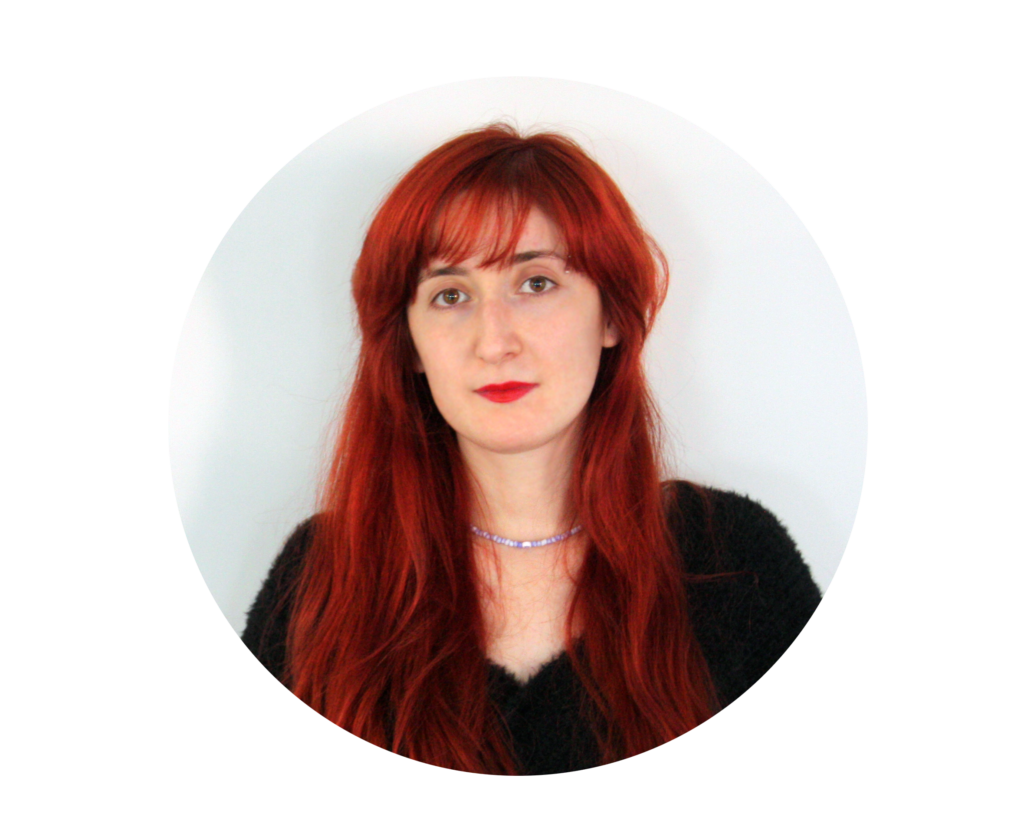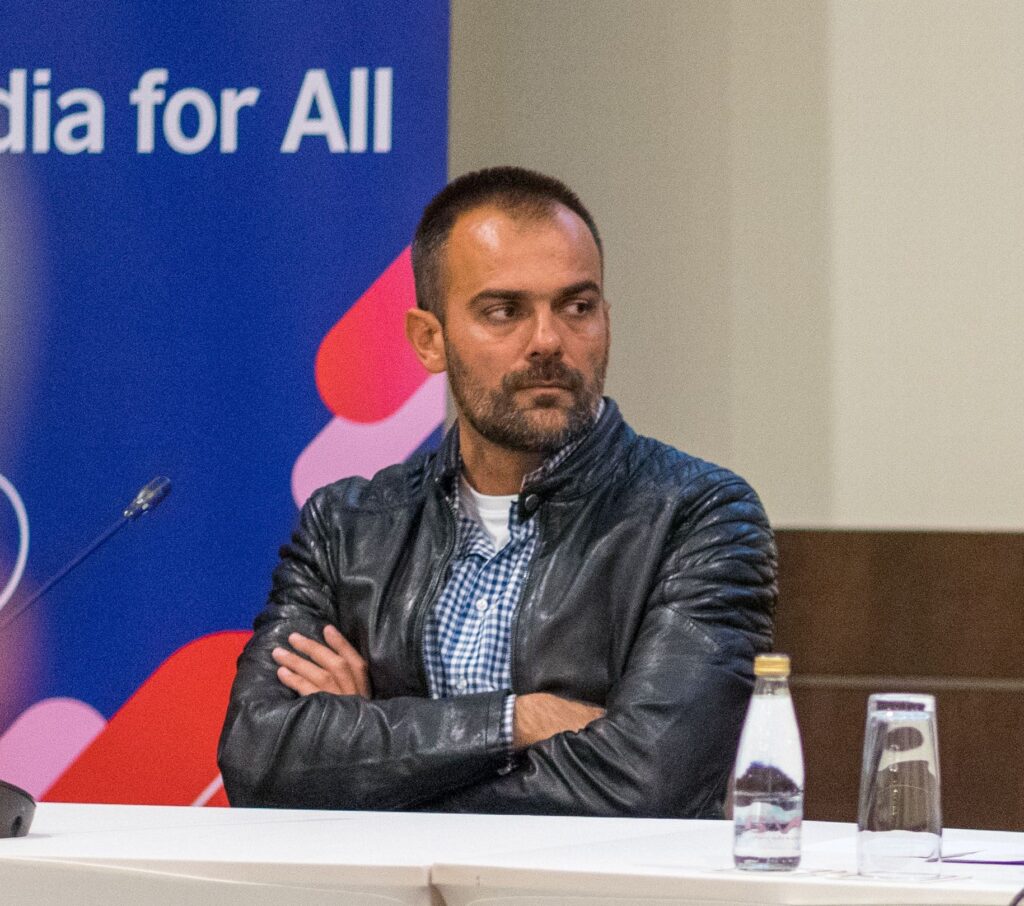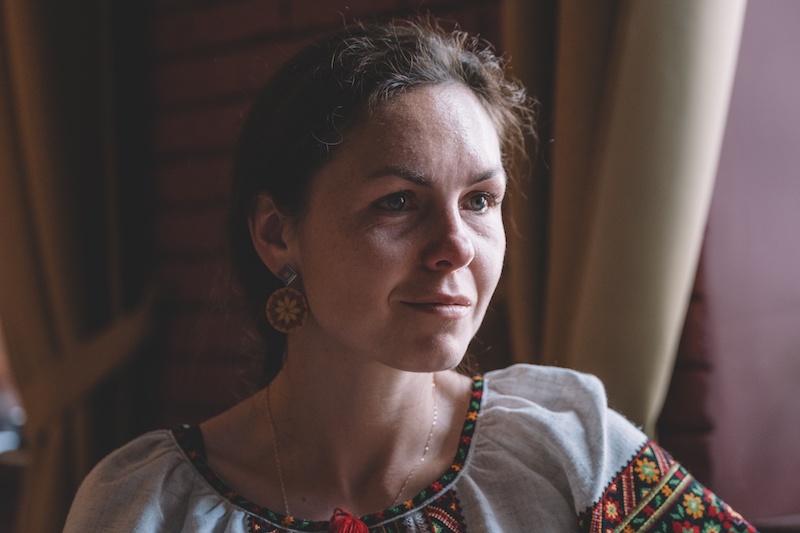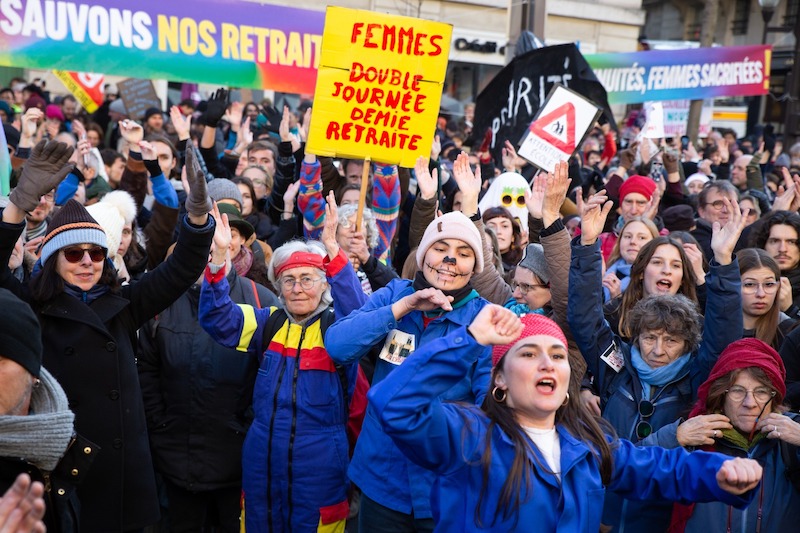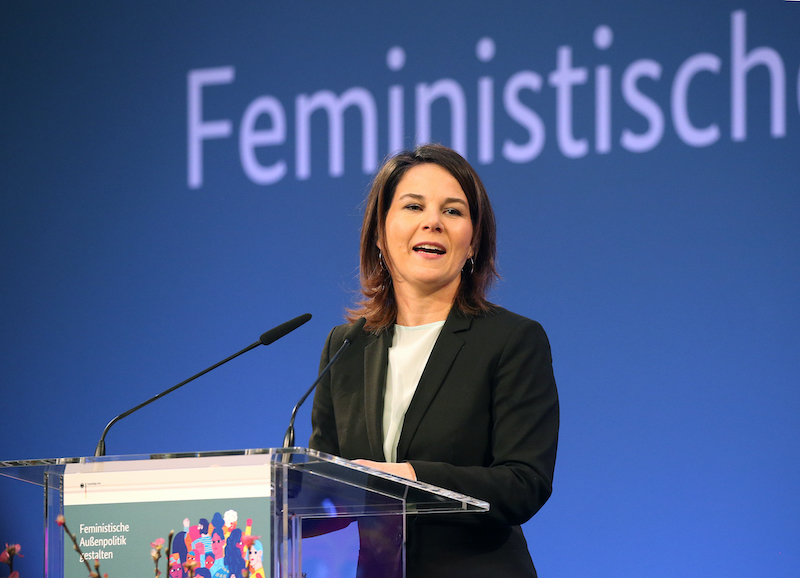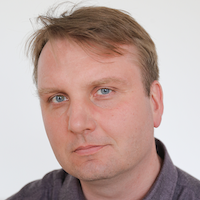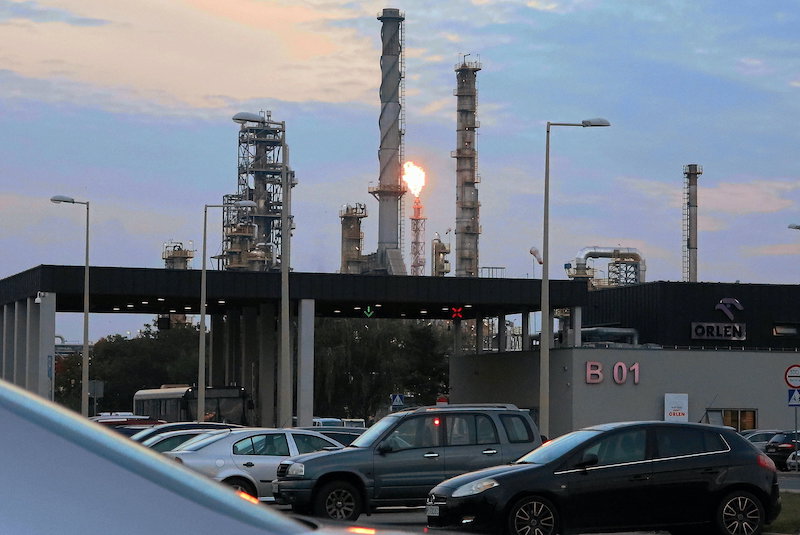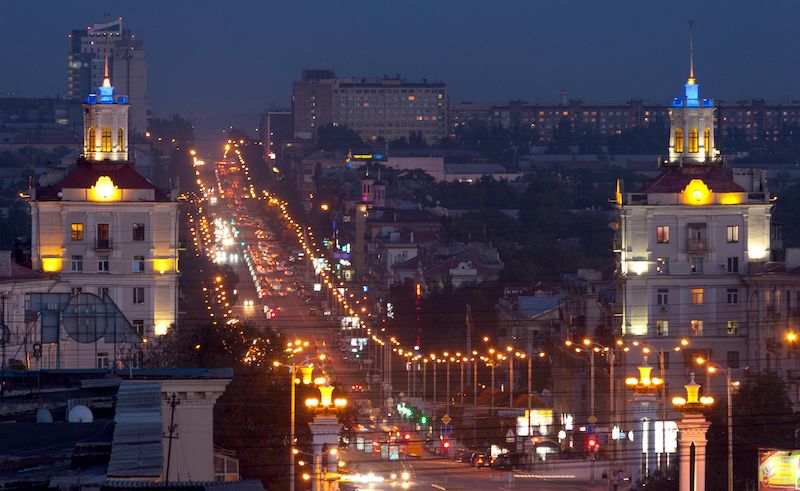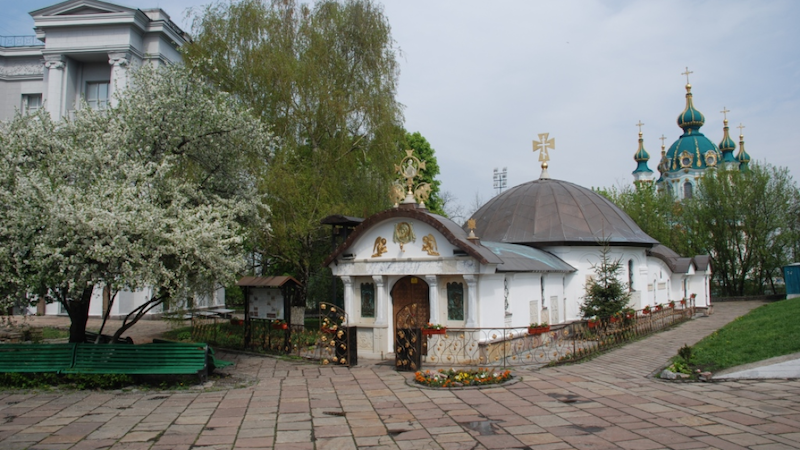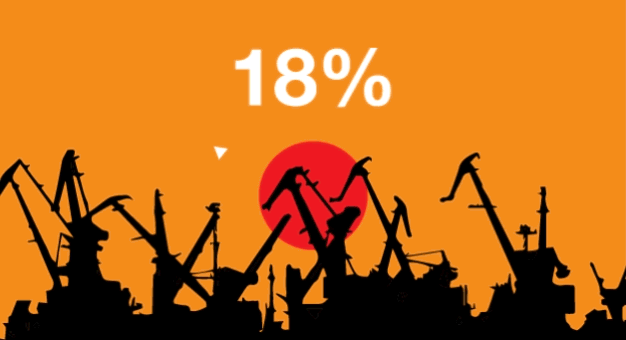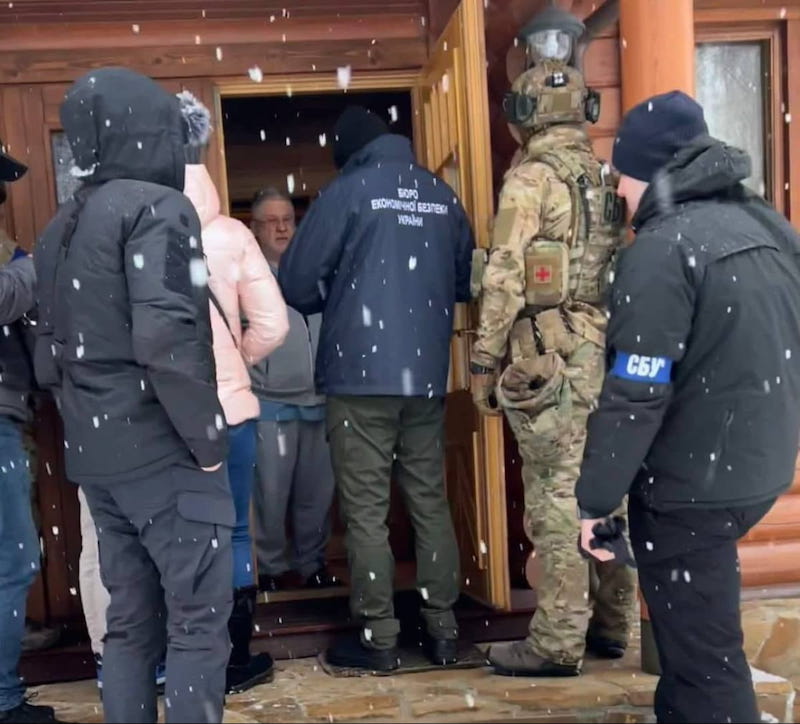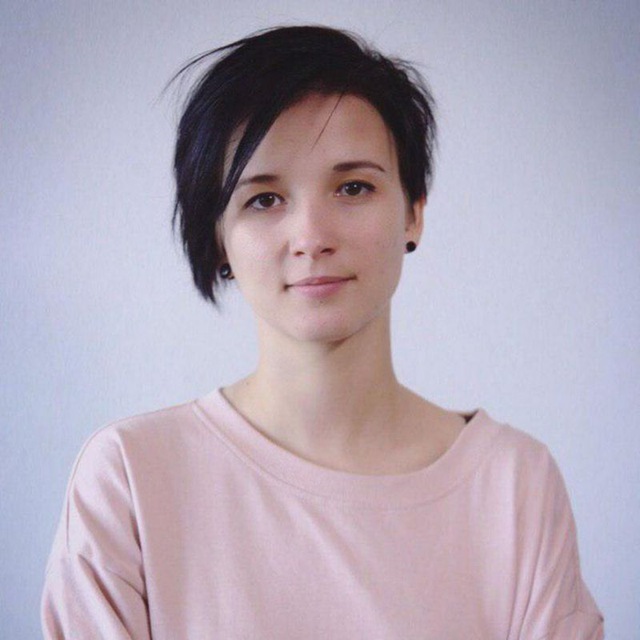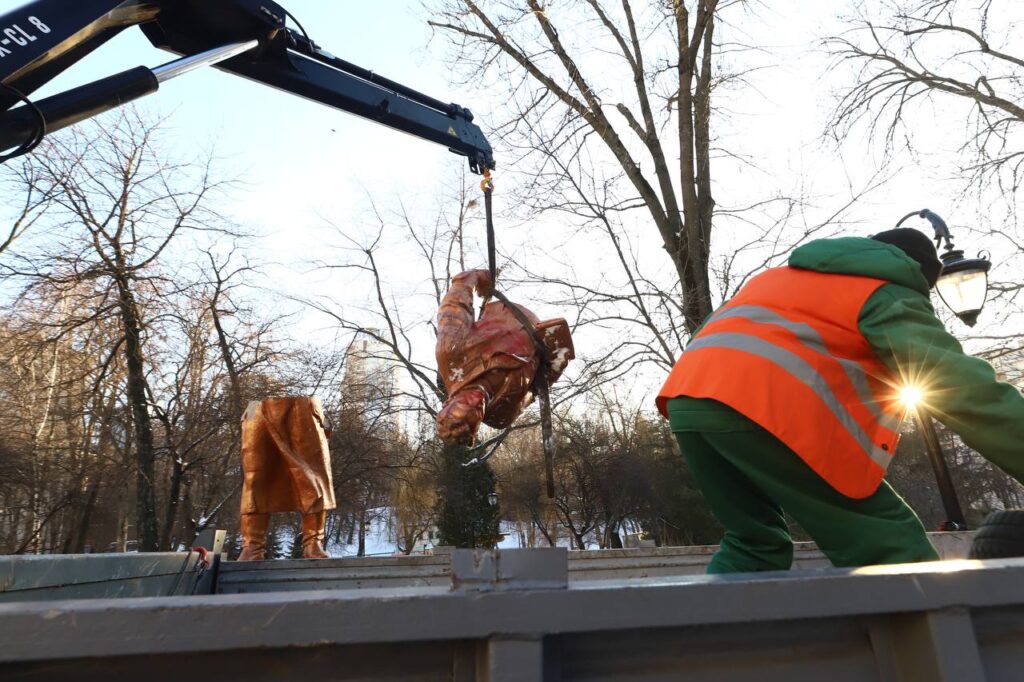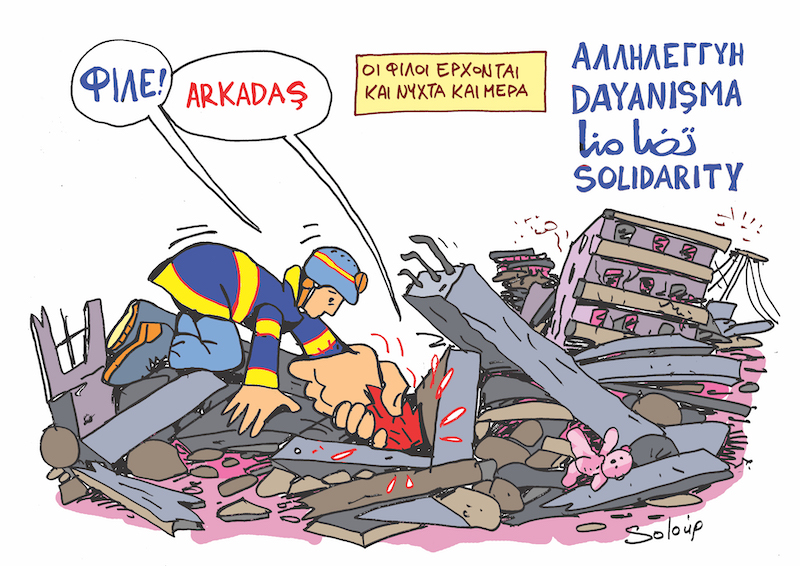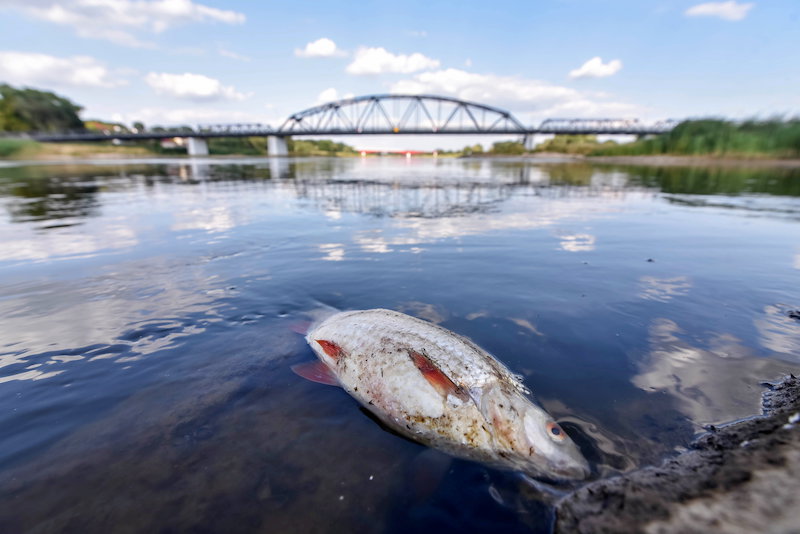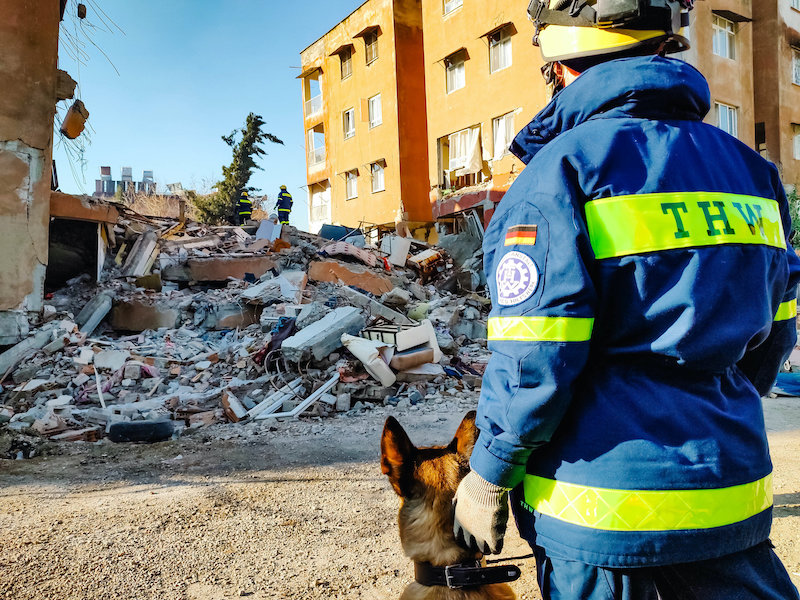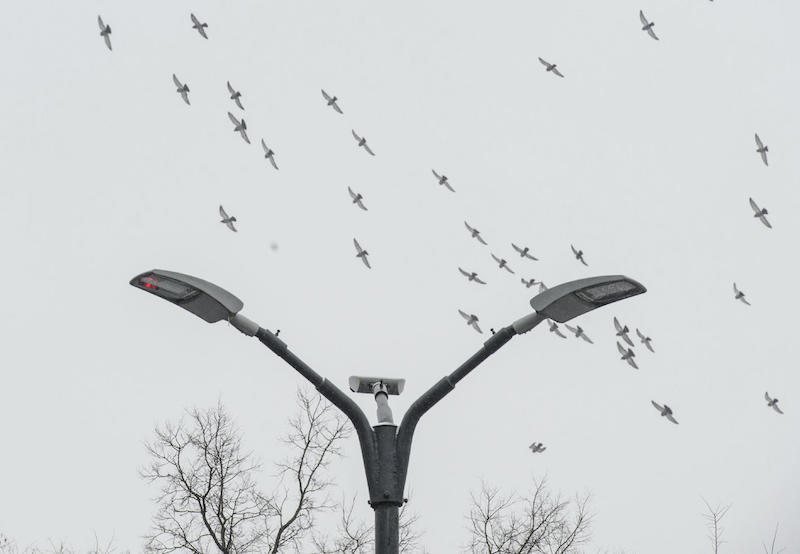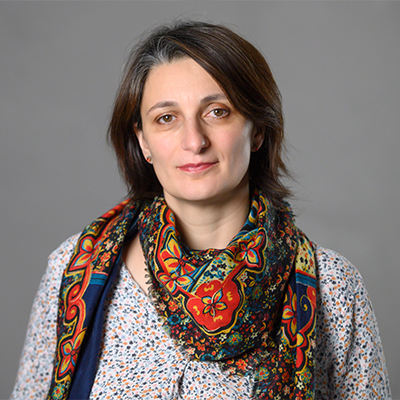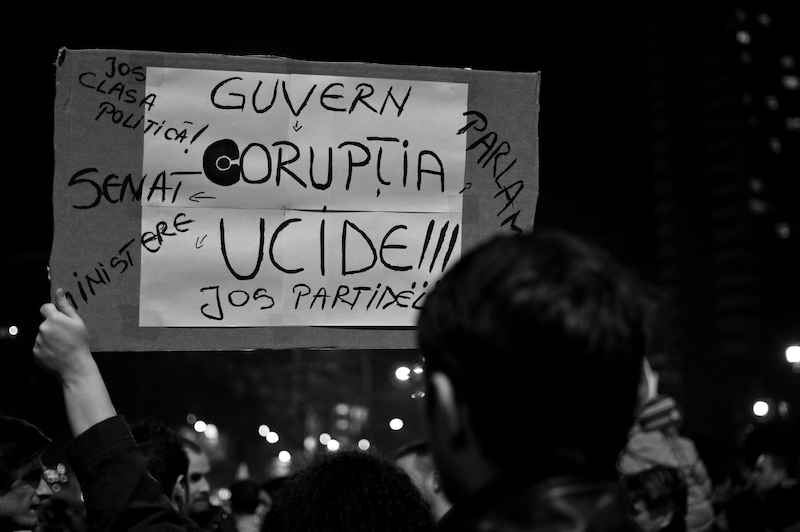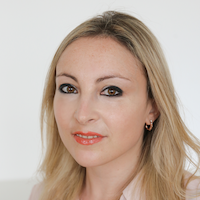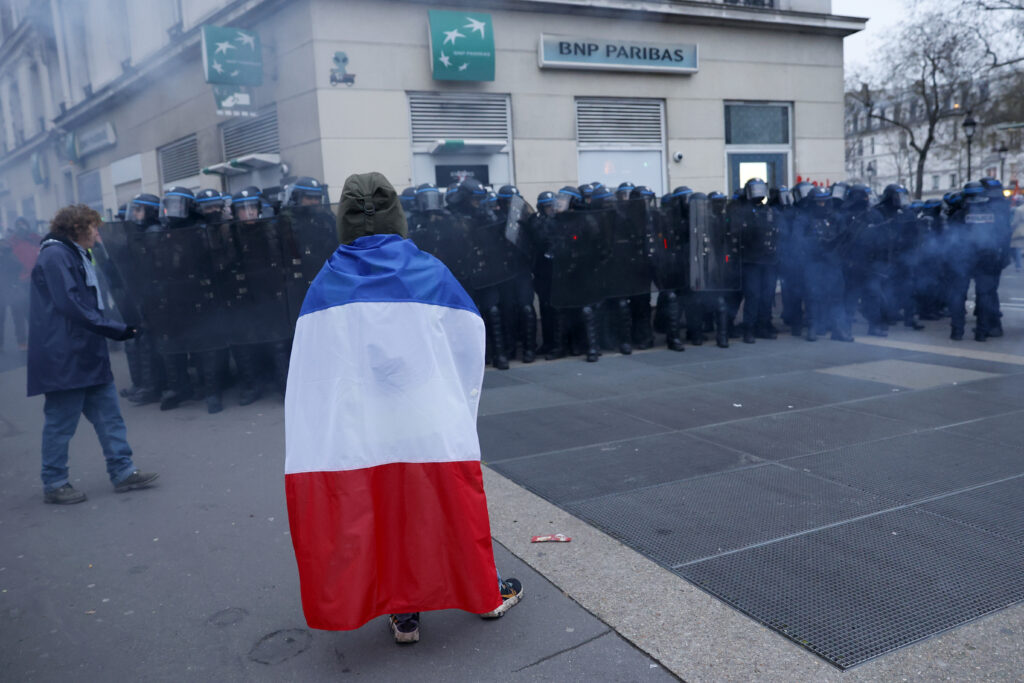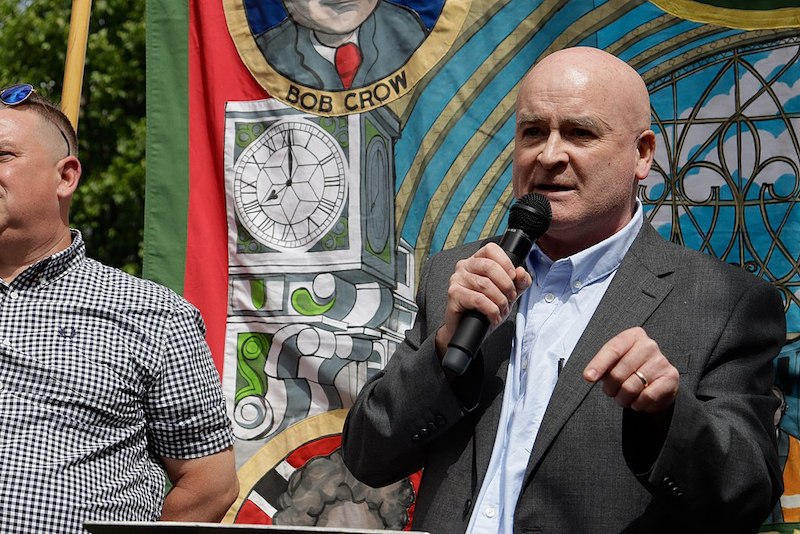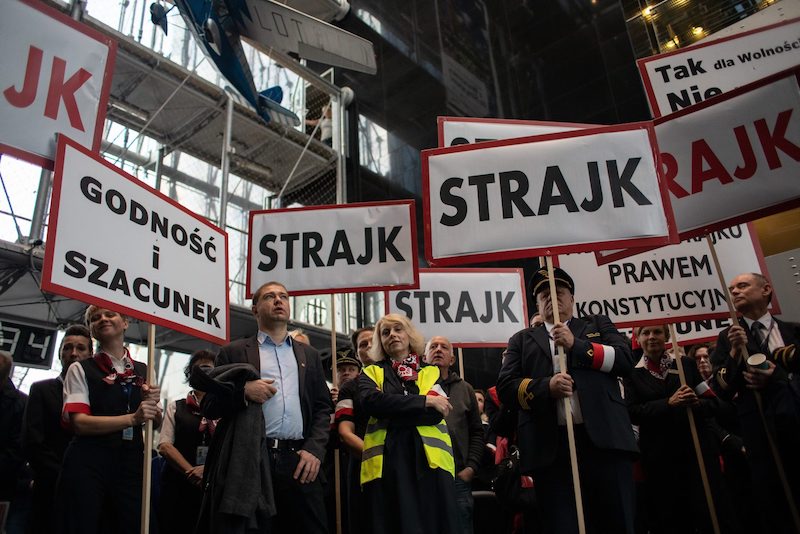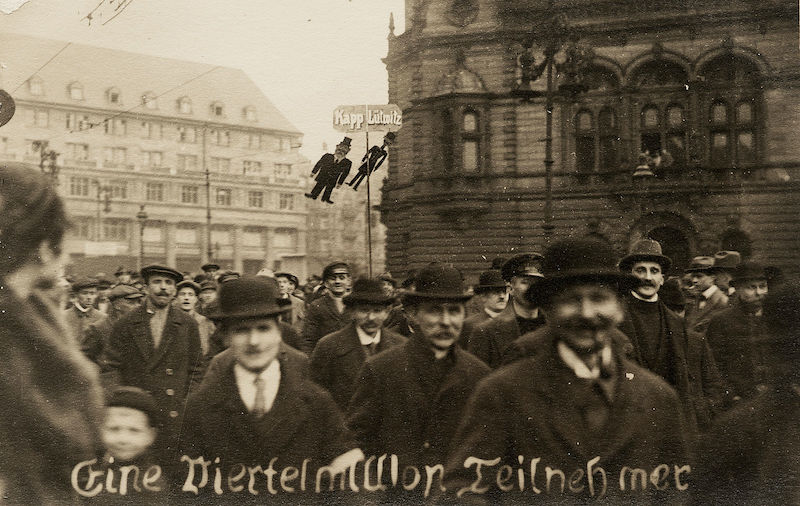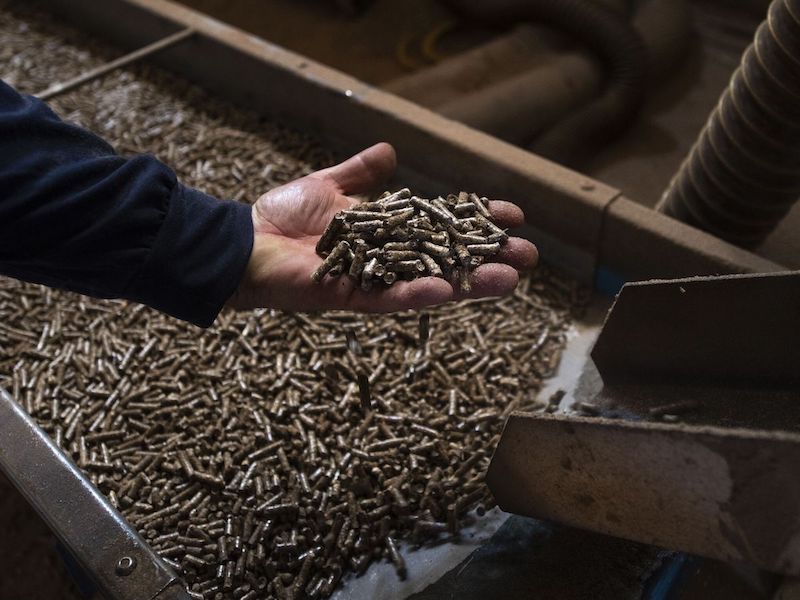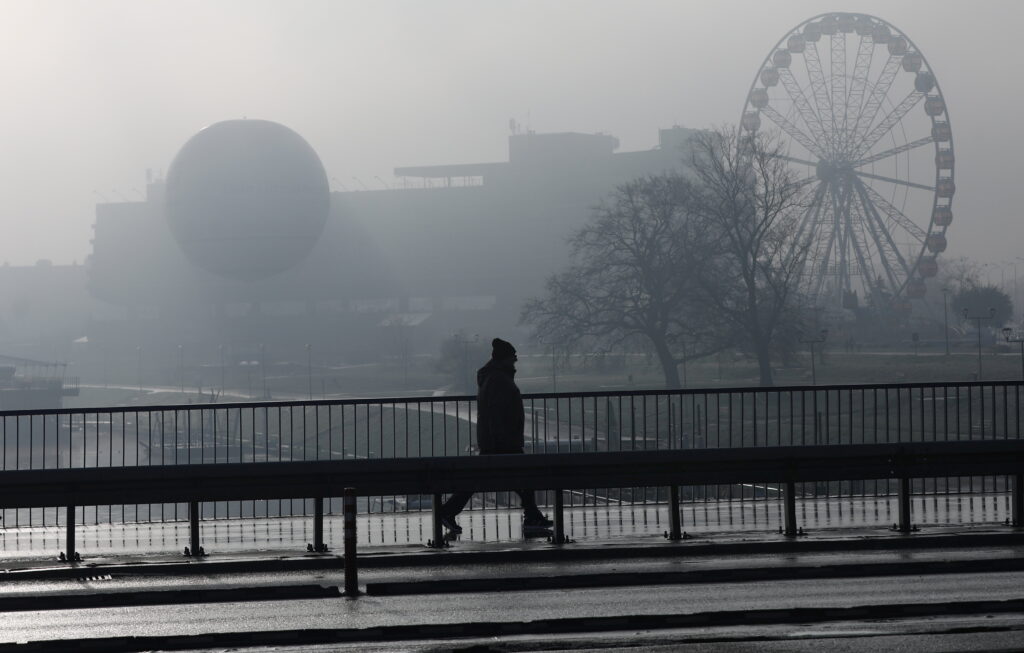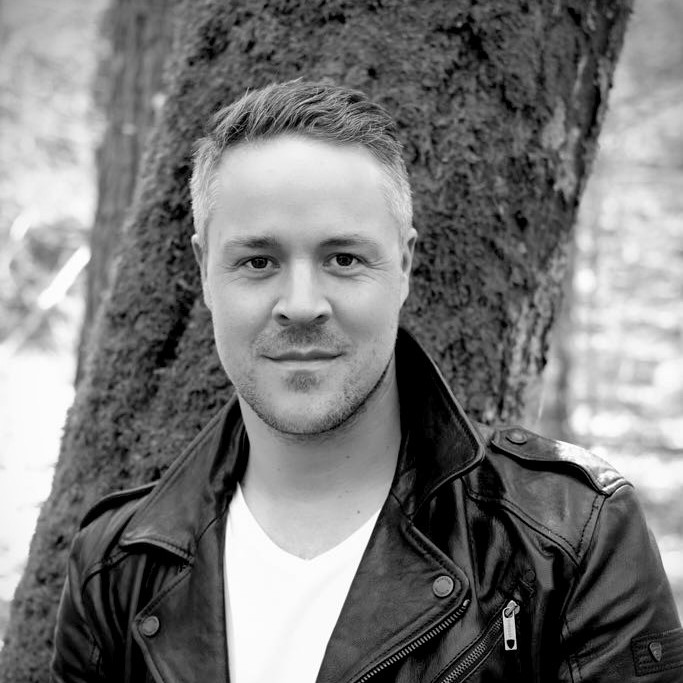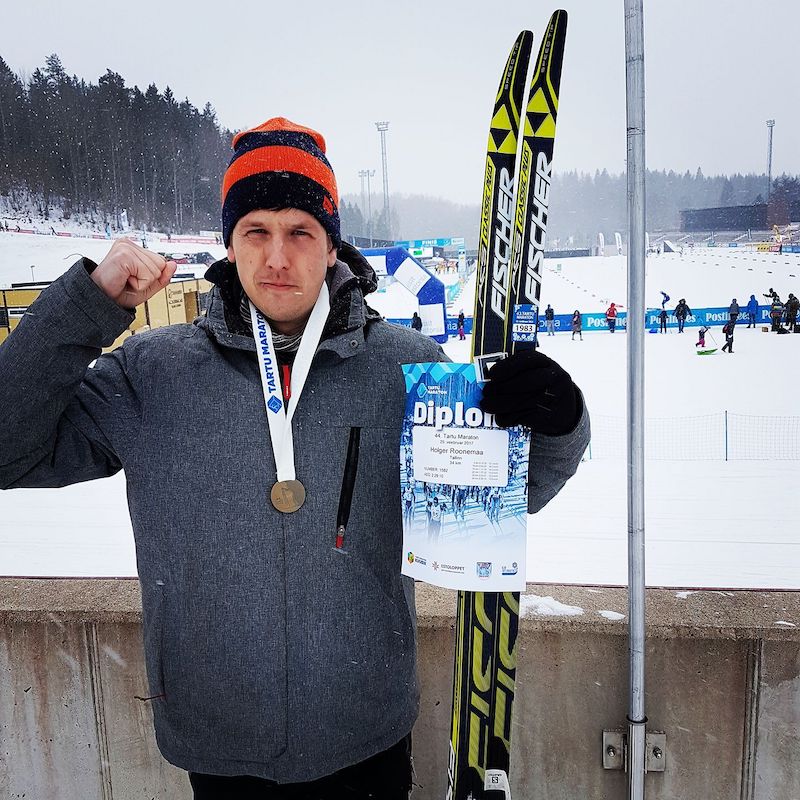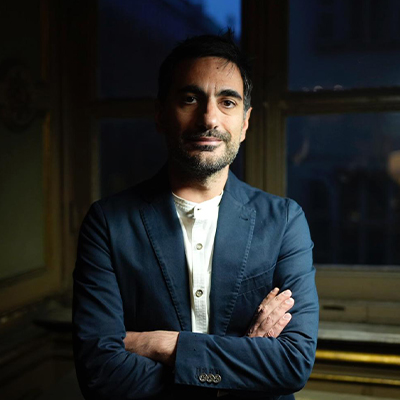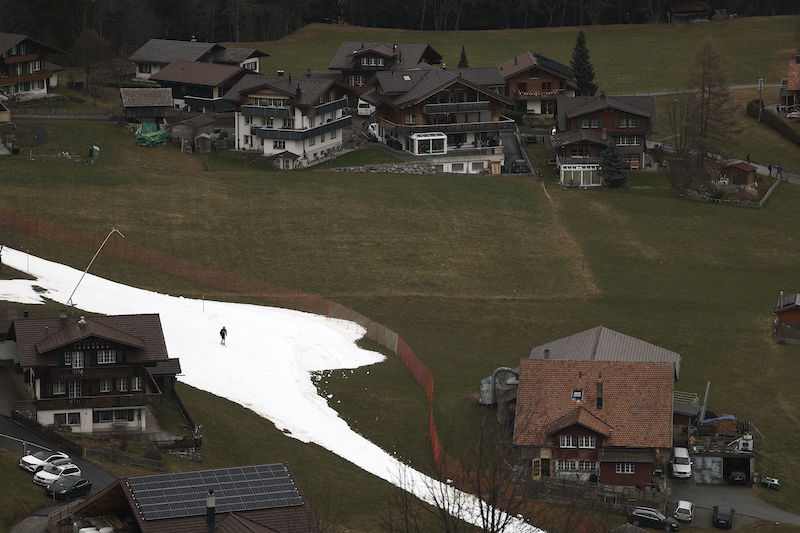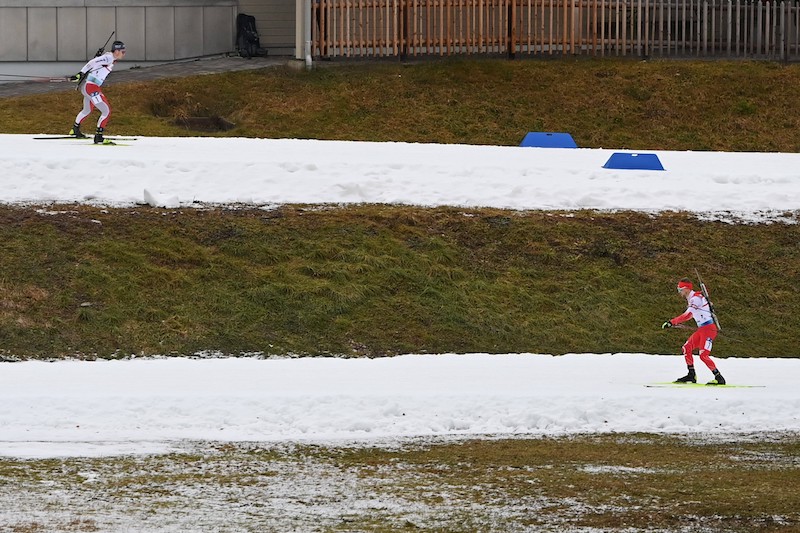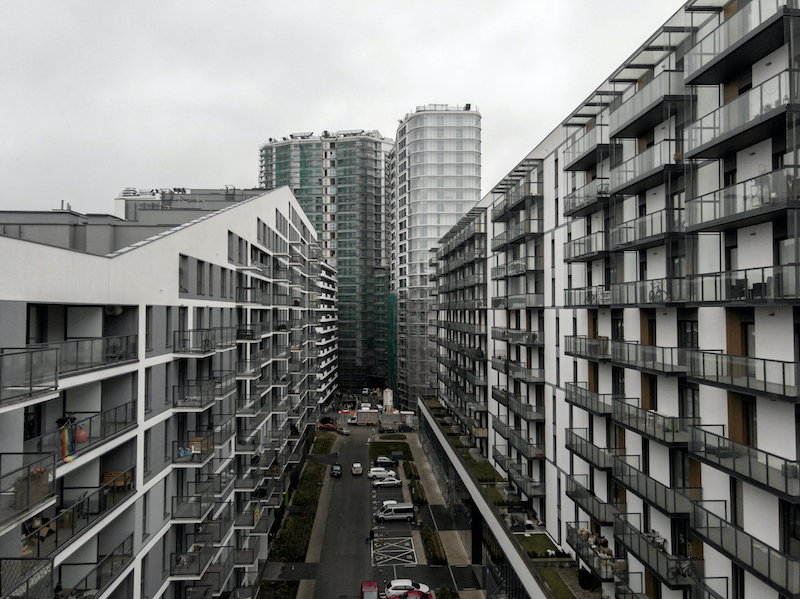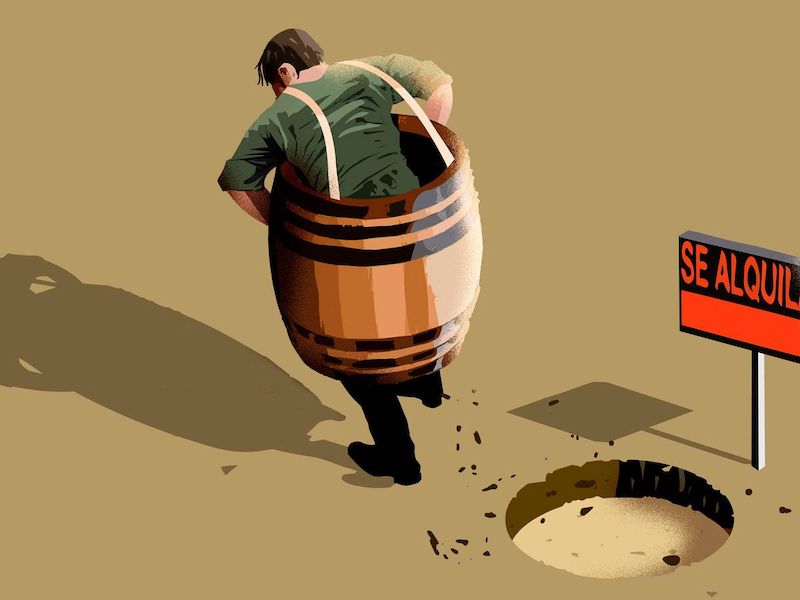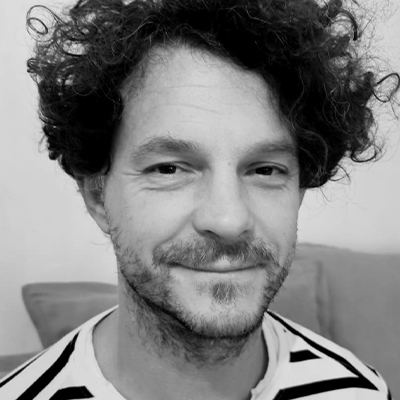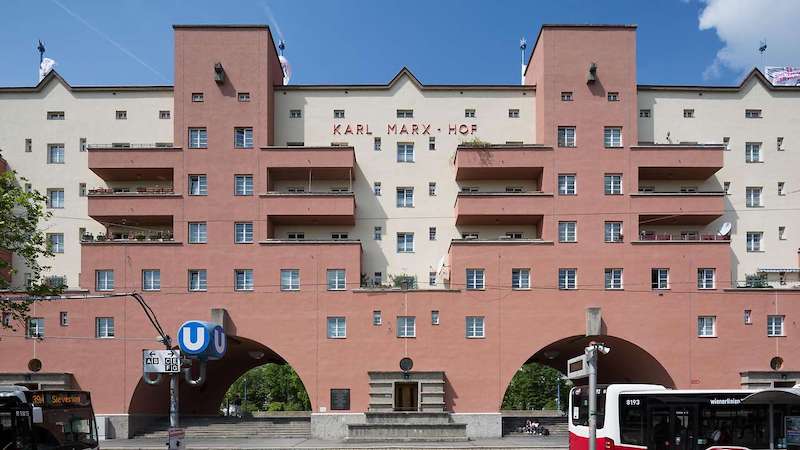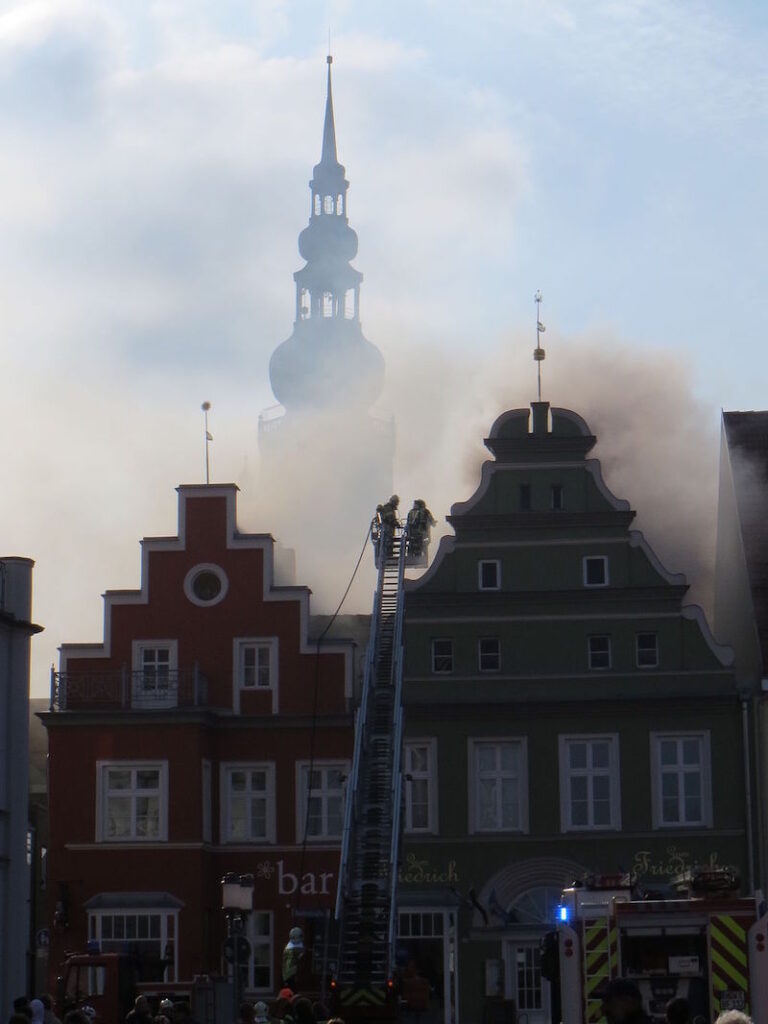Hi from Madrid,
You’ve probably seen the recent video of Georgian protesters who resisted water cannons, while waving flags with the symbol of the European Union. These images show how society can fight against the path chosen by its leaders.
Outside the European Union, neighbouring countries place more hopes in the EU than the member states are willing to fulfil. The most clear example is in the Balkans, where the EU has fallen short.
Now some voices, like France, are even pushing for alternatives such as the European Political Community, to avoid granting accession to new members.
Today we see that Ukraine, Moldova and even Georgia, which has been rejected for the time being, want to join the EU, and it is up to the Union and the member states to rise to the occasion… or not to complain when these countries turn to other players, such as Russia or China.
Alicia Alamillos, this week’s Editor-in-Chief
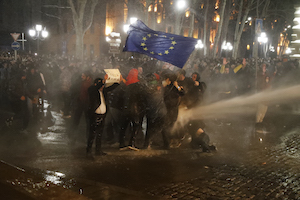
A year after the trio of Georgia, Ukraine and Moldova applied for EU membership, Georgia was hoping to be granted candidate status by the end of 2023. But then the ruling Georgian Dream party proposed a law on “foreign agents”. The draft proposal triggered fierce protests, with critics claiming it was “dictated by Moscow”, and some comparing the citizens’ reaction to the Euromaidan in Ukraine in 2014.
Although the government has never openly rejected the country’s European aspirations, it has displayed anti-Western rhetoric since Russia invaded Ukraine in February 2022. It has refused to join Western sanctions against Russia or to provide military assistance to Ukraine. Tbilisi justifies this on the grounds of neutrality, in order to prevent another Russian invasion of Georgia. Moreover, the government has accused the opposition, “some Western powers,” and the Ukrainian authorities of acting as “war parties” that are “trying to drag Georgia into the war and open a second front against Russia.”
After the government was forced to backtrack on passing the bill, its rhetoric has only become harsher, suggesting the retreat might only be tactical.
As the country awaits a decision on candidate status, the government continues to blame the “war party” for its potential failure. Meanwhile, civil society and the media are eager to debunk the pro-Russian narratives. A second disappointment could lead to greater unrest and damage Georgian Dream’s chances in the 2024 parliamentary election.
A majority of Georgians believe that economic development and the country’s security depend on Euro-Atlantic integration and that turning towards Russia is not an option. People have proven that they are ready to defend Georgia’s European future, as shown by the iconic image of a woman waving the EU flag against a water cannon on 7 March in Tbilisi.
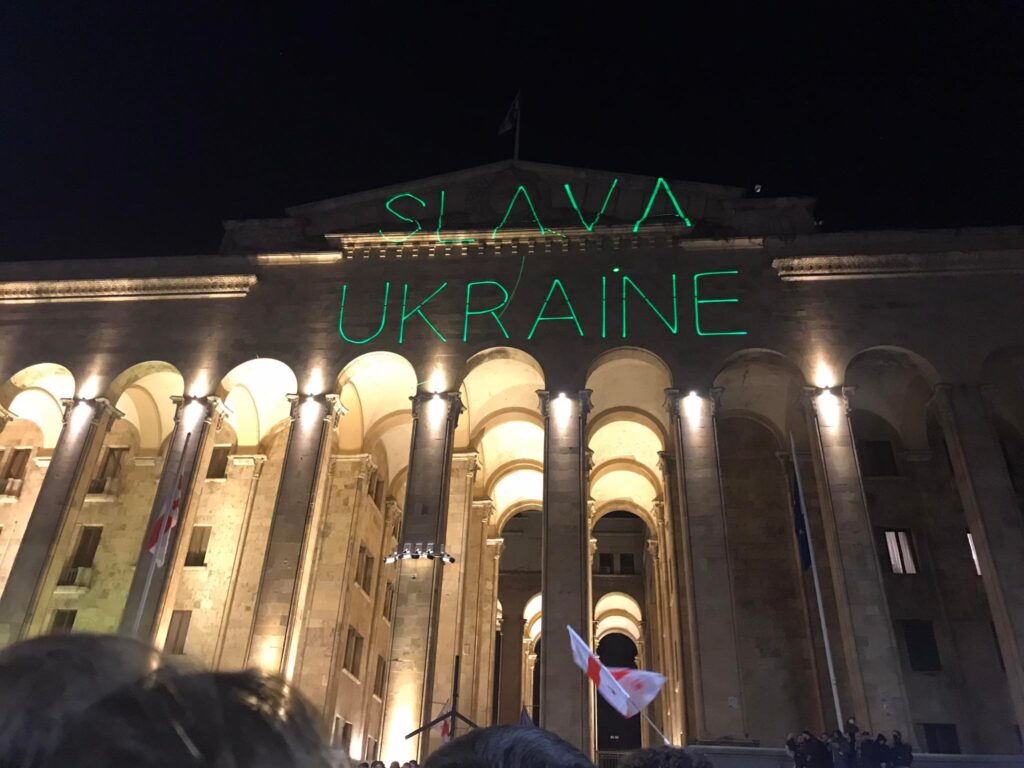
“Incredible Georgian people who understand that friends need to be supported! There are, indeed, times when citizens are not the government, but better than the government.”
Volodymyr Zelenskyy
Since 2005, Ukraine and Georgia had considered each other the closest allies in the region. But that changed once Russia launched a full-scale invasion on Ukraine’s soil. On 26 February 2022, Ukrainian president Zelenskyy began a statement war between Ukrainian and Georgian officials, which continues today.
While Georgians poured onto the streets of their cities to protest against Russia’s attack on Ukraine, the Georgian government refused to impose sanctions against the Kremlin.
Over the following year, top Ukrainian officials accused Tbilisi of being too indecisive, duplicitous or even pro-Russian, while Georgian ministers and MPs replied that the Ukrainian side was “provocative” and “arrogant”.
In the last week, history repeated itself: Zelenskyy supported the recent pro-EU Georgian protesters and wished them “democratic success”, while Georgian prime minister Irakli Gabriashvili said that Ukrainian officials “should take care of their own country”.
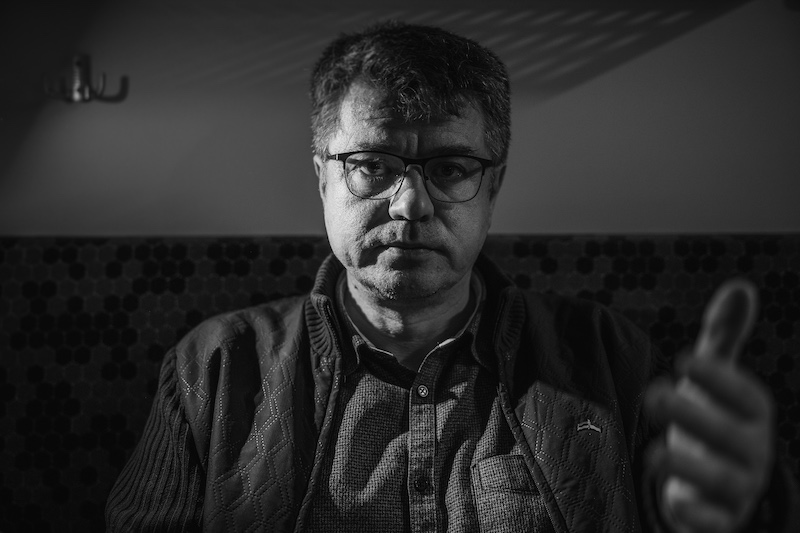
Last summer, Georgia hoped to be accepted as an EU candidate country along with Ukraine and Moldova, but fell short. Estonia’s outgoing two-term foreign minister Urmas Reinsalu explains why that happened, why Georgians might be disappointed again and why a historically supportive Estonia is now disillusioned with Georgia’s progress towards EU accession.
Why are some countries in the EU not supporting Georgia’s candidacy?
Leaving more technocratic aspects aside, the main problem is the functioning of the rule of law and democracy in Georgia. We do not see any determined efforts by the Georgian government. The people of Georgia are very much in favour of integration with the West. Therefore, the government supports it rhetorically, but its practical approach is one of regression.
Great hopes were placed in Georgia’s accession process in 2008. How has it changed from an Estonian perspective?
Estonia’s instinctive sympathy for Georgia was the cornerstone of our relations after the country fell victim to Russia’s invasion in 2008. We have supported them despite various political developments since that time.
However, the events of the last few years have disturbed us. We have repeatedly expressed our disappointment at the suppression of the opposition. Estonia cannot remain silent on this.
Symbolic of this is the deterioration of the former President Mikheil Saakashvili’s health in prison. I have personally campaigned for him to be given the opportunity to receive medical treatment abroad. We have also offered medical assistance on our own behalf. These requests have not been met with a positive response.
One of these disappointments could be the Georgian reaction to the full-scale Russian invasion of Ukraine?
Considering that Georgia itself is a victim of [a Russian] invasion, the attitude of the government in Tbilisi has been far too lenient. Politically, it is still a like-minded country, but we have not seen a firm attitude towards the hundreds of thousands of Russians being allowed to pour into Georgia. The same goes for Georgia’s approach towards sanctions against Russia.

How many years does it take to repeal a law that forces NGOs to register as foreign agents? In Hungary: four years and a court ruling.
In 2017, the Hungarian Parliament passed a bill that obliged organisations receiving at least 7.2 million HUF (18,500 EUR) annually from abroad to register with the courts or face a fine.
Civil society protests went unheard, but not by the European Union. Following a ruling by the European Court of Justice and pressure from the European Commission, the law was revoked in 2021. No NGO has ever been fined. But Georgia, which followed in Hungary’s footsteps with a similarly controversial bill, lacks the EU’s legal umbrella. The Hungarian case proves the rule of law can be upheld in the EU, even if one country does not like the decision.
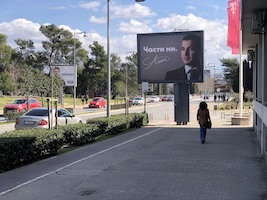
In the run-up to Montenegro’s presidential elections on 19 March, the mantra of EU membership is once again a major campaign promise in the country. All candidates are pledging to speed up reforms, so that the country can become an EU member before 2028. Despite these bold promises, EU membership may remain unattainable for this small country on the Adriatic Sea with 620,000 citizens – as it is for others in the Balkan region where EU promises have fallen short.
Montenegro launched its EU negotiation process in June 2012, but so far only three of the 33 negotiating chapters have been closed. The process has already taken longer than for the other former Yugoslav republic Croatia, which completed negotiations in six years, and was the last country to join the EU in 2013.
While the country struggles with political interference in state institutions, the European Commission repeatedly warns in its annual progress reports that parties are failing to reach consensus on important issues of national interest.
The most recent example was that the parliament finally appointed new constitutional court judges after six months of strong pressure from the EU. These appointments require a two-thirds majority of parliament, and MPs could not agree on the judges for months, so that the court had no decision-making quorum. But there is still no agreement on who should be the new Attorney General or the head of the Supreme Court.
Under the Constitution, the president has no power to propose laws or appoint officials. However, this weak position could be turned into a strength: Whoever comes first in the elections should promote dialogue between the ruling parties and the opposition in order to speed up the reforms needed for accession.
With more than 80 percent of the population in favour of becoming an EU member, it is now high time to accelerate the reform process necessary for accession – so that the 2028 deadline doesn’t become an empty electoral slogan again.
Thanks for reading the 23rd edition of European Focus,
As you have probably noticed, the focus of this issue is pretty much on Central and Eastern Europe (excluding me, as I am from Madrid!).
This is just a reminder that the focus of Europe has shifted to the East in terms of importance and interest.
If you have any ideas, send us your thoughts and comments on the topic to info@europeanfocus.eu.
See you next Wednesday!
Alicia Alamillos

